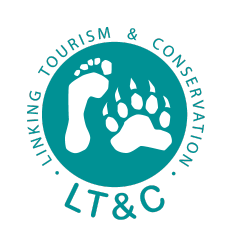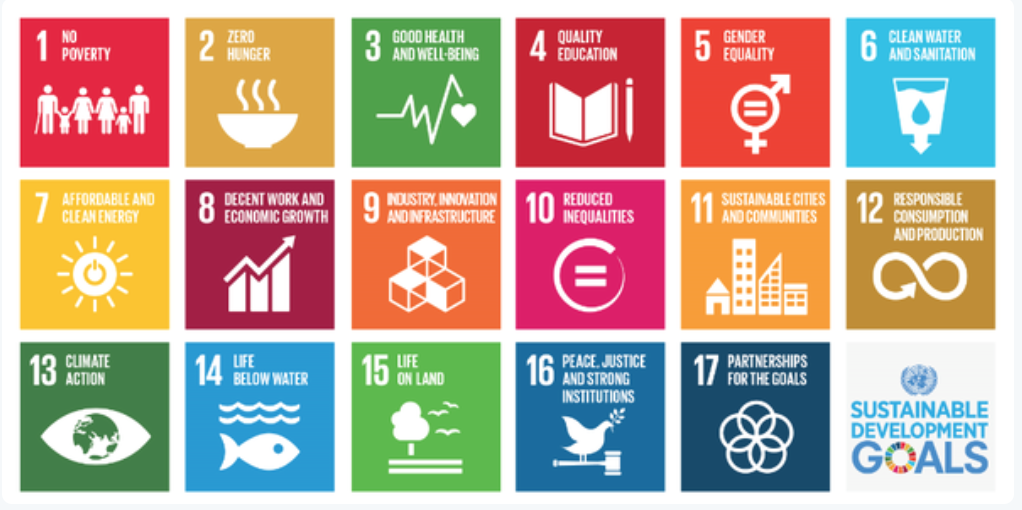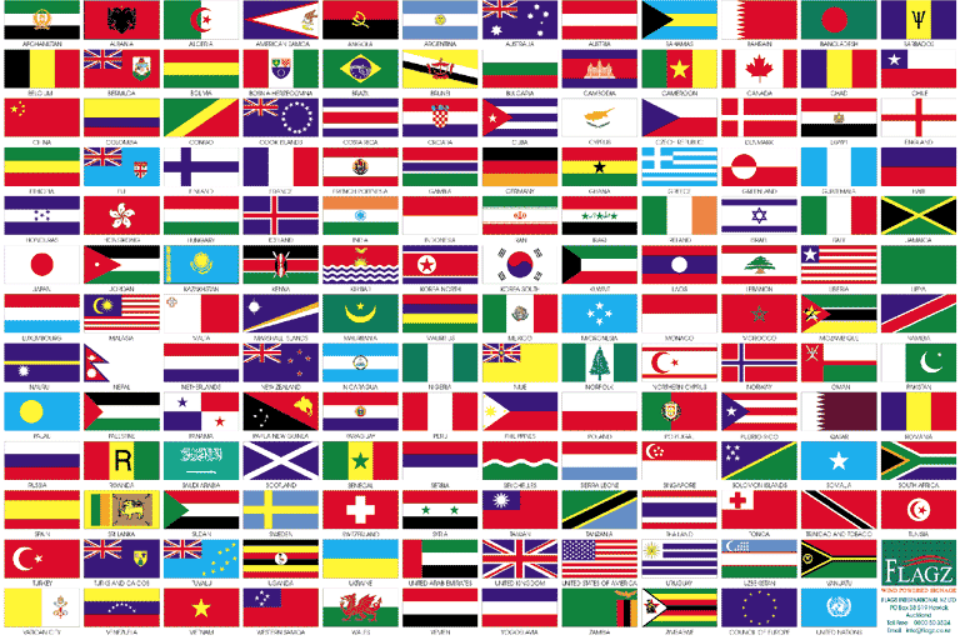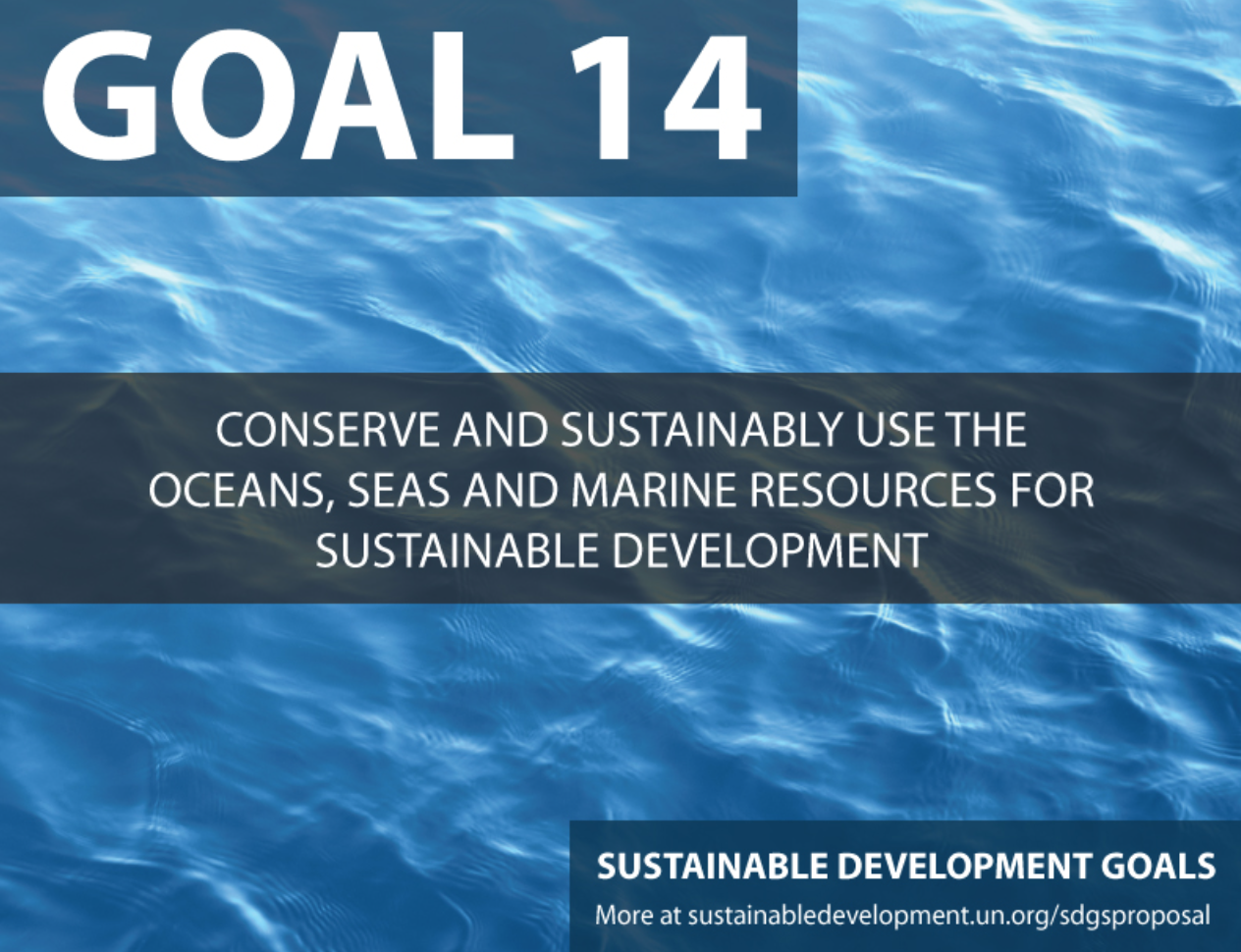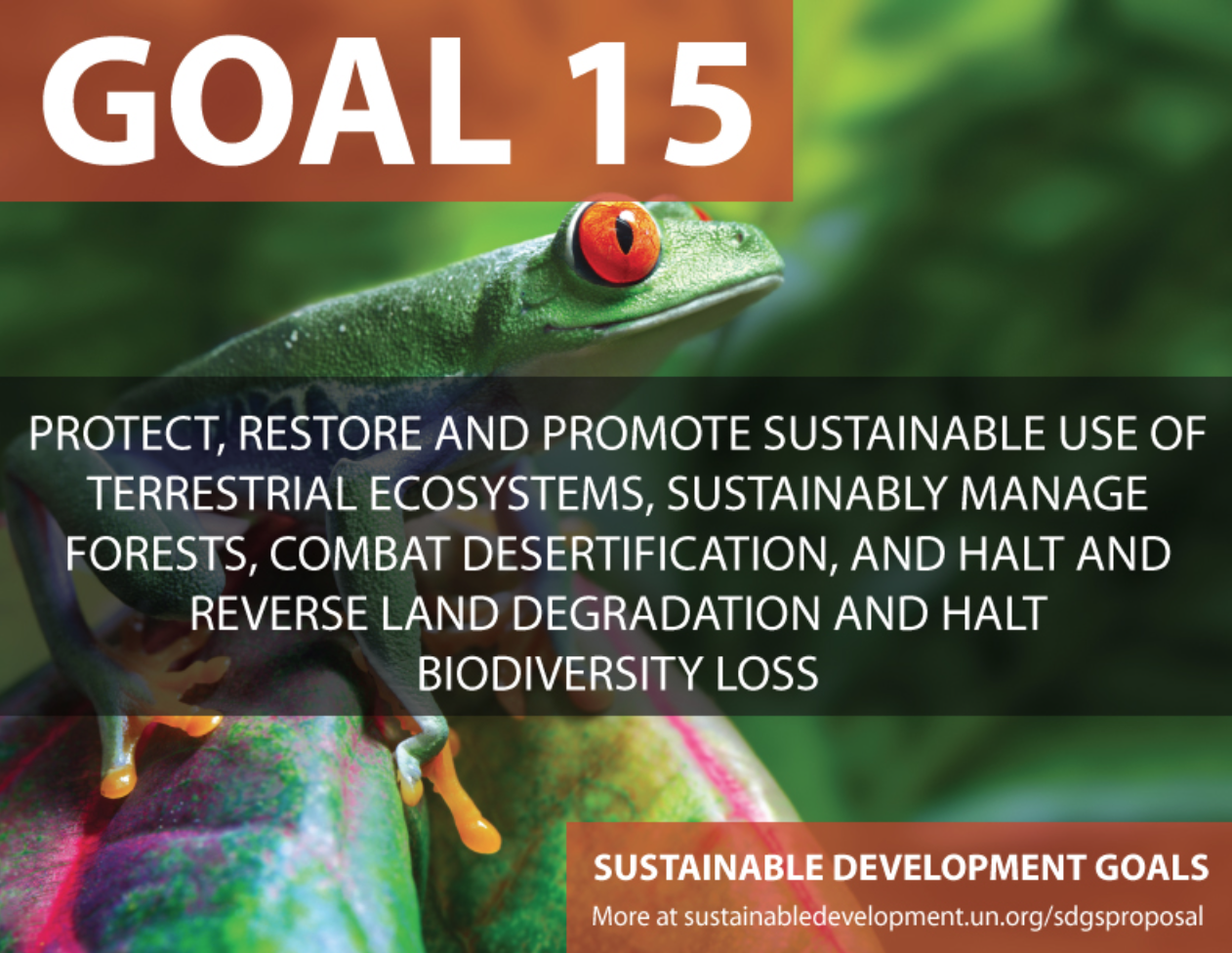September 25, 2015 – Today marks a momentous date in human history: the entire world will agree on the most important common Global Goals ever. It is actually incredible that all 193 nations could agree on these 17 quite comprehensive goals and about 170 fairly concrete and measurable sub-goals. The process to this UN-decision was also unique as millions of members of civil society have been involved. And the goals apply for every nation and citizen of the world equally. We will live in a much better world, if these goals are achieved by 2030.
Therefore, it should be in the interest of every country, organisation, company’ and individual to find out where in the next 15 years they can best contribute to achieve the Global Goals or sub-goals. Where can our special interest, mission and competence best be related to these goals?
Linking Tourism & Conservation, understanding itself as a support organisation for the Aichi 2020 target 11 (a globally complete network of well-managed protected areas) of the UN Convention on Biological Diversity (CBD), is already relating to different biodiversity and sustainable tourism programmes and organisations of the United Nations. We, as members of LT&C, will now need to sharpen our focus by relating our activities to the Sustainable Development Goals 12, 14 and 15, and the following specific sub-goals of the SDGs:
Ensure sustainable consumption and production patterns
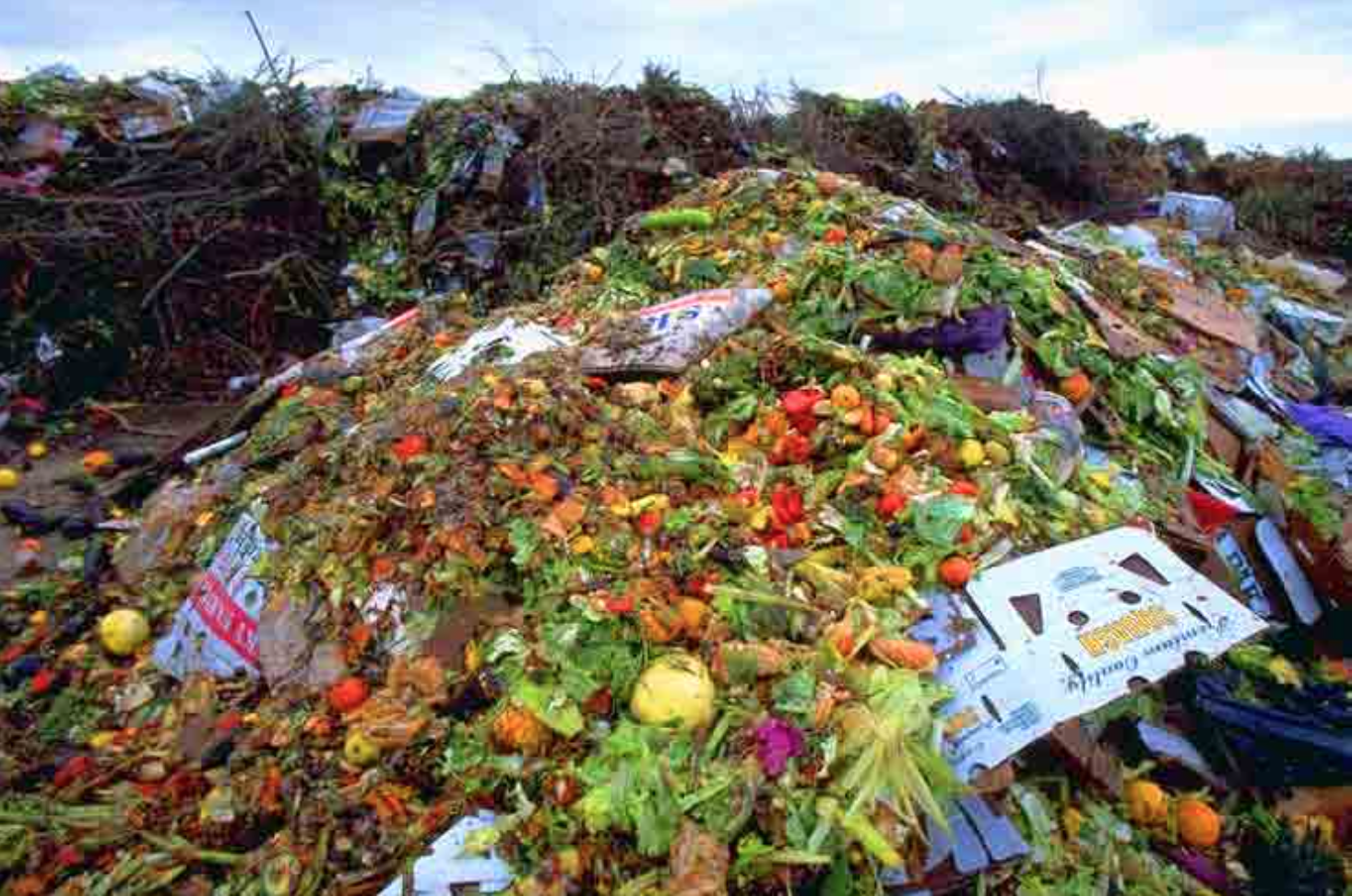 12.1: Implement the 10-year framework of programmes on sustainable consumption and production, all countries taking action, with developed countries taking the lead, taking into account the development and capabilities of developing countries
12.1: Implement the 10-year framework of programmes on sustainable consumption and production, all countries taking action, with developed countries taking the lead, taking into account the development and capabilities of developing countries
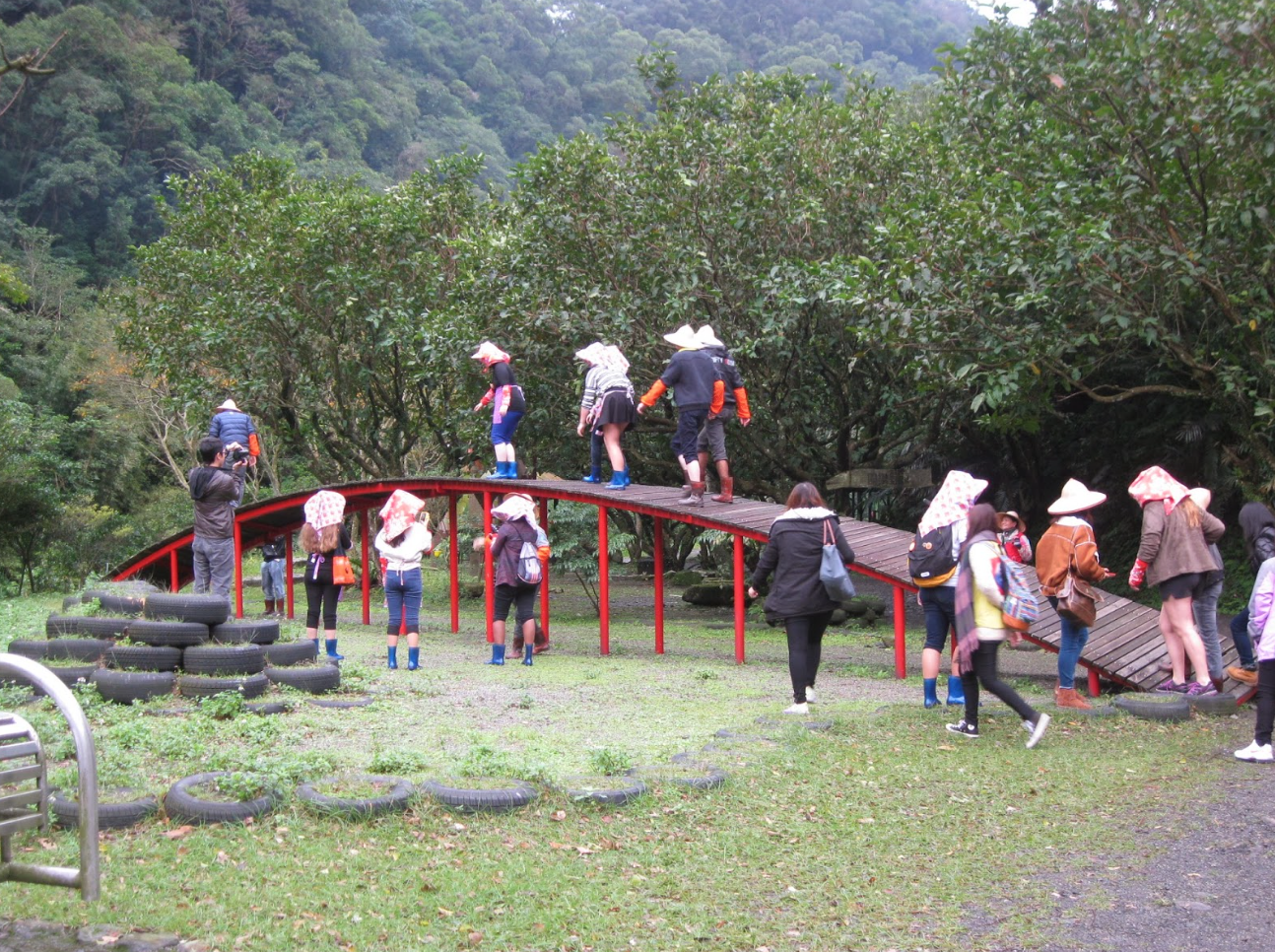 12.8: by 2030 ensure that people everywhere have the relevant information and awareness for sustainable development and lifestyles in harmony with nature
12.8: by 2030 ensure that people everywhere have the relevant information and awareness for sustainable development and lifestyles in harmony with nature
Conserve and sustainably use the oceans, seas and marine resources for sustainable development
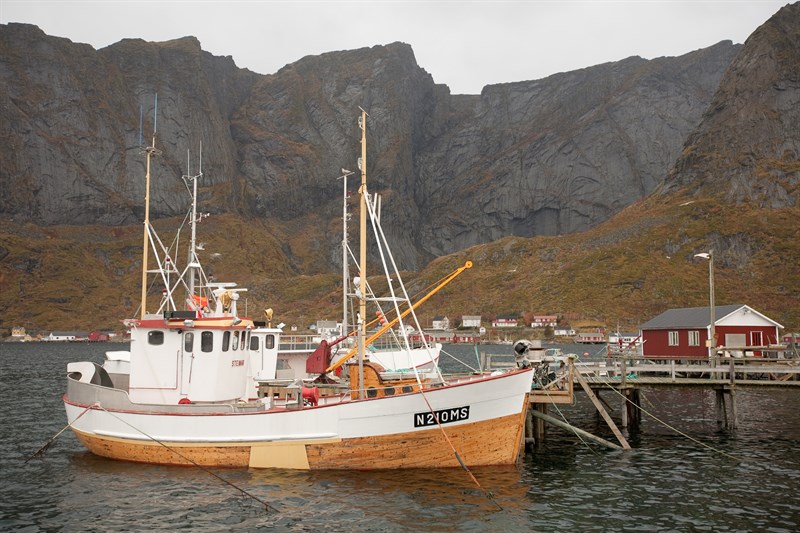 14.2: By 2020, sustainably manage and protect marine and coastal ecosystems to avoid significant adverse impacts, including by strengthening their resilience, and take action for their restoration in order to achieve healthy and productive oceans
14.2: By 2020, sustainably manage and protect marine and coastal ecosystems to avoid significant adverse impacts, including by strengthening their resilience, and take action for their restoration in order to achieve healthy and productive oceans
 14.5: By 2020, conserve at least 10 per cent of coastal and marine areas, consistent with national and international law and based on the best available scientific information
14.5: By 2020, conserve at least 10 per cent of coastal and marine areas, consistent with national and international law and based on the best available scientific information
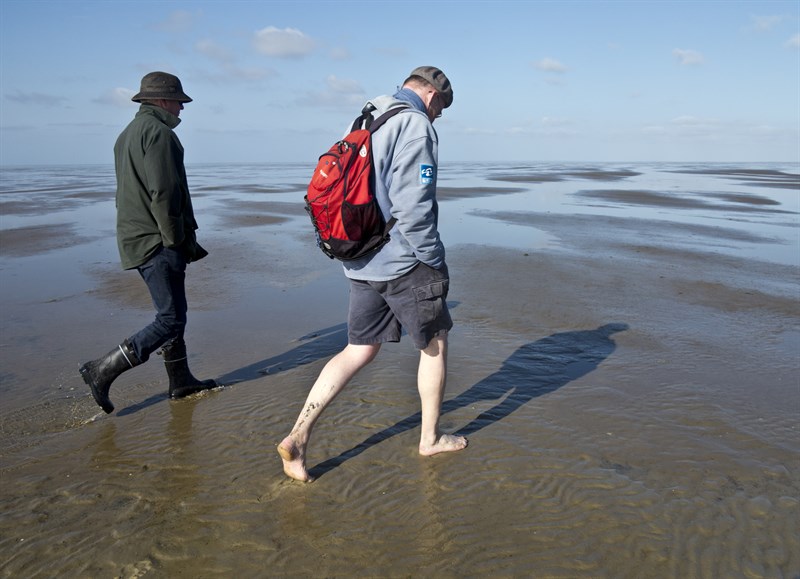 14.7: By 2030, increase the economic benefits to small island developing States and least developed countries from the sustainable use of marine resources, including through sustainable management of fisheries, aquaculture and tourism
14.7: By 2030, increase the economic benefits to small island developing States and least developed countries from the sustainable use of marine resources, including through sustainable management of fisheries, aquaculture and tourism
Protect, restore and promote sustainable use of terrestrial ecosystems, sustainably manage forests, combat desertification, and halt and reverse land degradation and halt biodiversity loss
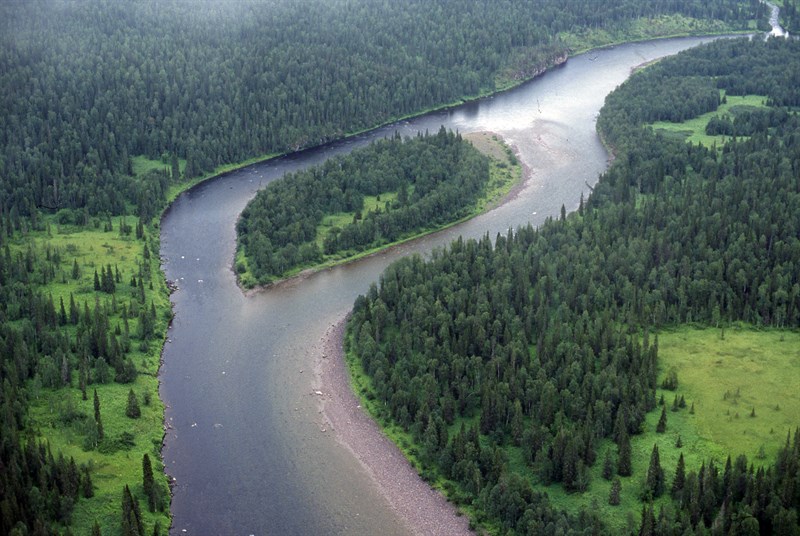 15.1: By 2020, ensure the conservation, restoration and sustainable use of terrestrial and inland freshwater ecosystems and their services, in particular forests, wetlands, mountains and drylands, in line with obligations under international agreements
15.1: By 2020, ensure the conservation, restoration and sustainable use of terrestrial and inland freshwater ecosystems and their services, in particular forests, wetlands, mountains and drylands, in line with obligations under international agreements
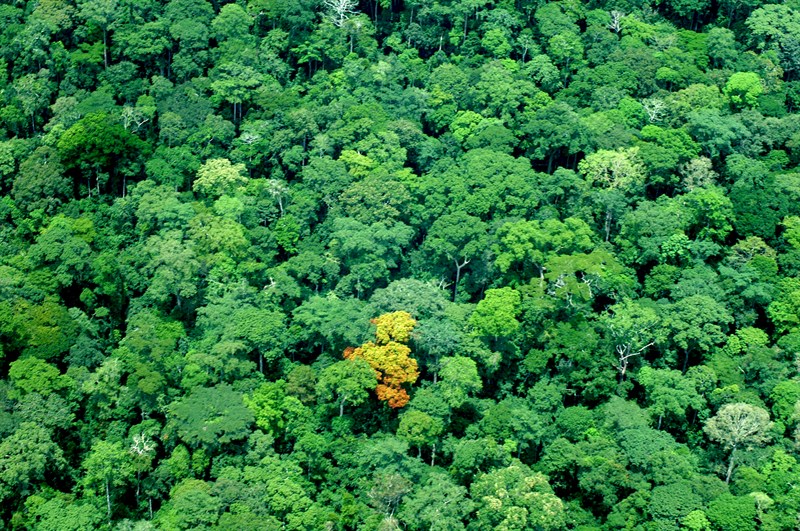 15.2: By 2020, promote the implementation of sustainable management of all types of forests, halt deforestation, restore degraded forests and substantially increase afforestation and reforestation globally
15.2: By 2020, promote the implementation of sustainable management of all types of forests, halt deforestation, restore degraded forests and substantially increase afforestation and reforestation globally
 15.4: By 2030, ensure the conservation of mountain ecosystems, including their biodiversity, in order to enhance their capacity to provide benefits that are essential for sustainable development
15.4: By 2030, ensure the conservation of mountain ecosystems, including their biodiversity, in order to enhance their capacity to provide benefits that are essential for sustainable development
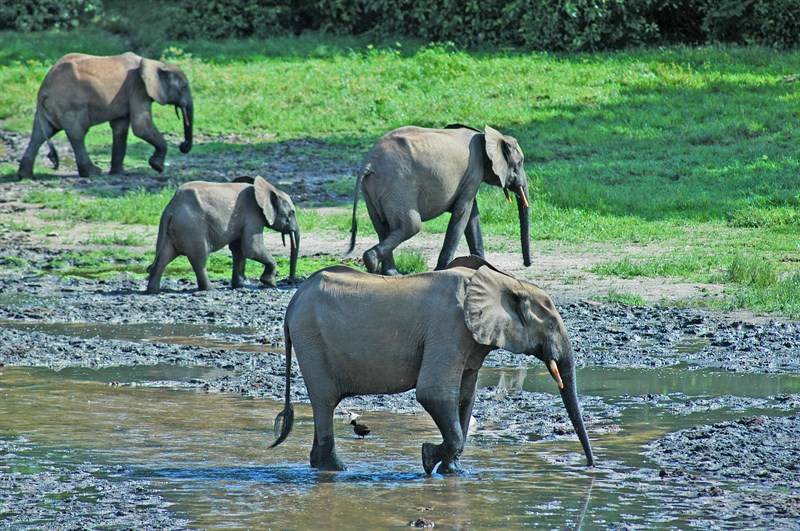 15.5: Take urgent and significant action to reduce the degradation of natural habitats, halt the loss of biodiversity and, by 2020, protect and prevent the extinction of threatened species
15.5: Take urgent and significant action to reduce the degradation of natural habitats, halt the loss of biodiversity and, by 2020, protect and prevent the extinction of threatened species
![]() 15.a: Mobilize and significantly increase financial resources from all sources to conserve and sustainably use biodiversity and ecosystems (LT&C thereby works specifically to raise financial resources from tourism)
15.a: Mobilize and significantly increase financial resources from all sources to conserve and sustainably use biodiversity and ecosystems (LT&C thereby works specifically to raise financial resources from tourism)
Valuable background information and links on the occasion of the launch of the SDGs can be also found in the newsletter of the the Global Footprint Network. And that Sustainable tourism can – in fact must – contribute to each of the 17 new SDGs is described by Sustainability Leaders.
